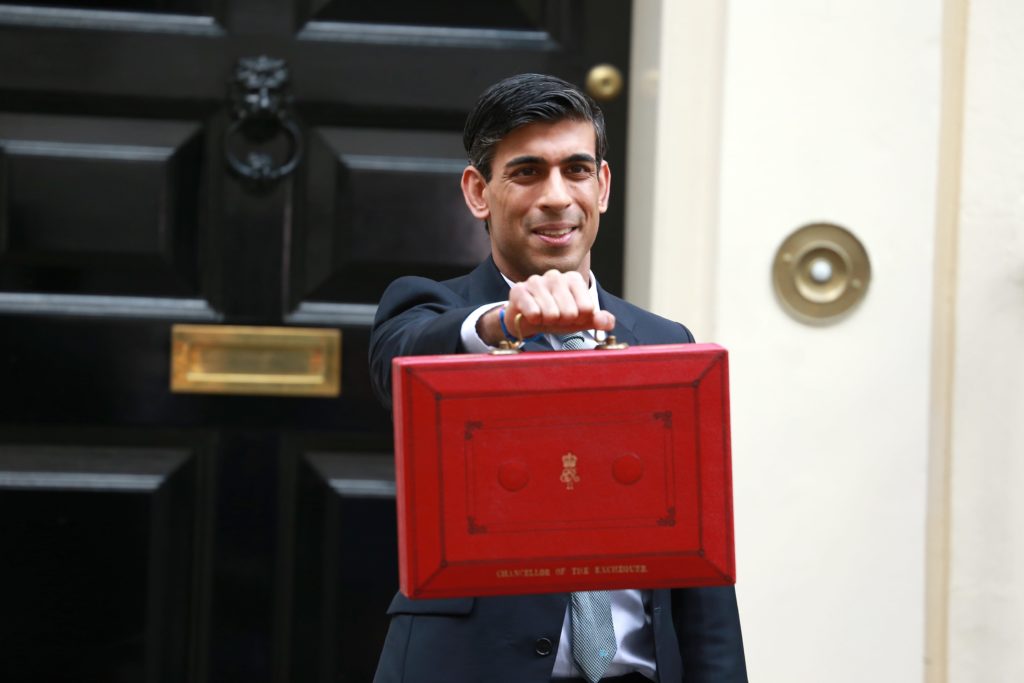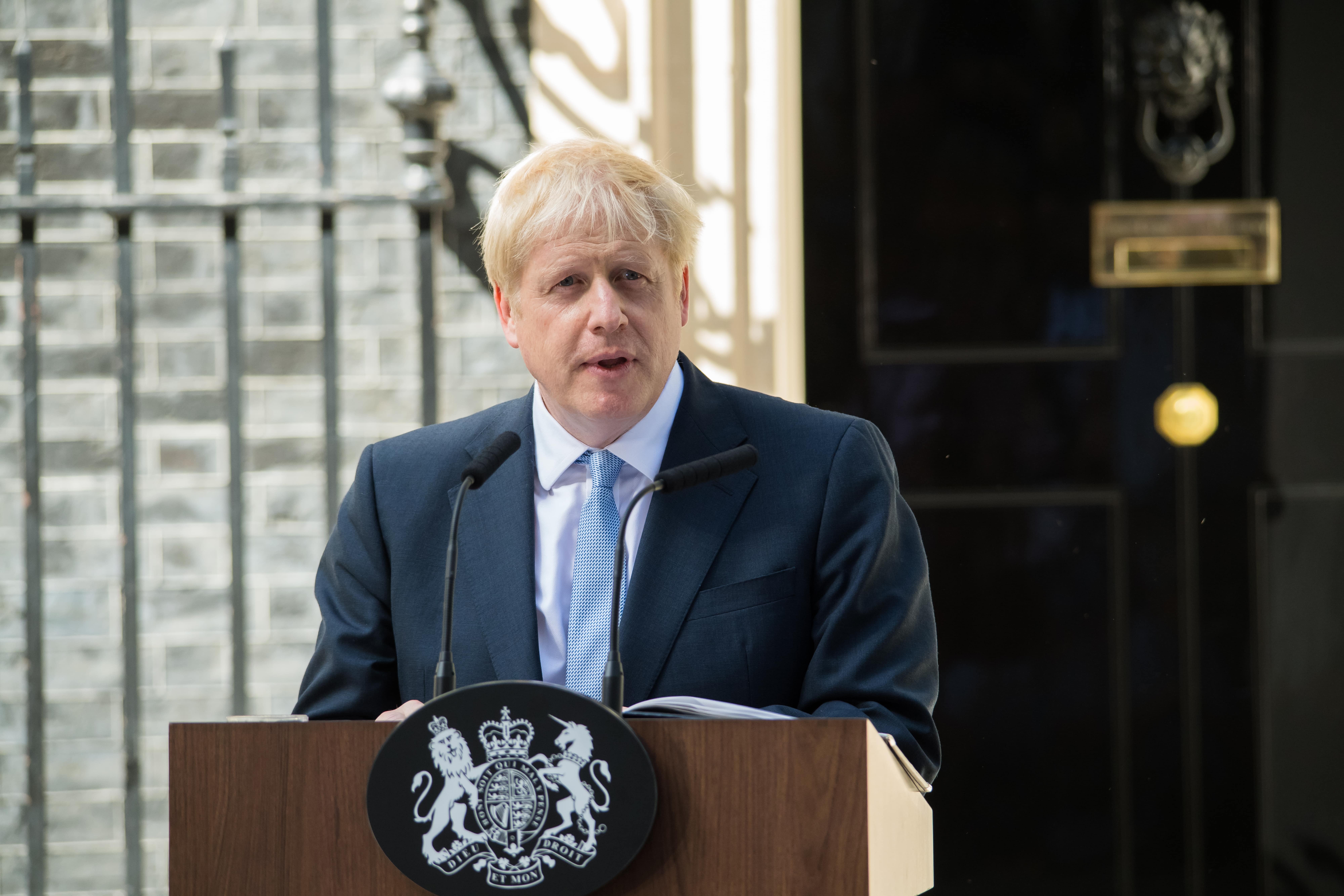Features - Business
Autumn Budget: Paving a Way for Recovery

On Wednesday, 27th October 2021, Rishi Sunak delivered his fourth budget as Chancellor of the Exchequer.
Still working within the constraints of COVID-19, the key theme of the Chancellor’s speech was levelling up the United Kingdom as the nation emerges from the worst of the pandemic. The Chancellor has benefited from an improved growth outlook after a faster than expected economic recovery from the pandemic earlier this year, with the Office for Budget Responsibility (OBR) predicting 6.5% growth this year and 6% next. However, there is growing pressure on both businesses and households from rising costs. In connection with this, Mr Sunak warned of inflation affecting the economy with the OBR predicting 4% inflation next year.
Looking forward and into the nation’s recovery, Mr Sunak announced investments in housing and education, together with a real terms spending increase for every Government department as well as foreign aid spending. Departmental spending will increase by £150 billion over the Parliament, an increase of 3.8% a year, while overseas aid spending will return to 0.7% of GDP after the cut to 0.5% announced last year.
Levelling up was a major topic of Mr Sunak’s Budget speech, where he announced £2.6 billion for the UK Shared Prosperity Fund, which focuses on getting people into jobs throughout the UK. In addition, after the controversy about the ending of the £20 a week extra for those on Universal Credit, Mr Sunak announced an increase to the work allowance of £500 and a change to the way the benefit tapers off for those in work. From 1 December, the taper rate will fall from 63p in the pound to 55p. In addition, from April 2022, the National Living Wage will rise from £8.91 an hour to £9.50,
The Chancellor also announced the first round of the UK-wide Levelling Up Funding, with £1.7 billion going into local investment in local areas. This means that the funds will pay for projects across the length and breadth of the UK, ranging from the redevelopment of Inverness Castle to the upgrading of the ferry to the Isles of Scilly.
Looking at the devolved nations of the United Kingdom, Scotland is set to receive £170 million in funds, £120 million is going to Wales and Northern Ireland will receive £50 million.
The Budget continued the Government’s focus on upgrading and improving infrastructure across the UK. Between 2020 and 2025, £2.6 billion is set to be invested into a new, long-term pipeline which will see 50 local roads being upgraded in England, and £5 billion invested into local road maintenance, which the Chancellor said was enough to “fill one million potholes per year”.
In addition, Rishi Sunak announced £5.7 billion investment into public transport in English city regions over five years, which will help transform local transport networks via London-style integrated settlements. The areas are:
- Greater Manchester
- Liverpool City Region
- The Tees Valley
- West Yorkshire
- South Yorkshire
- West Midlands
- West of England.
Along with this, Mr Sunak announced a £3 billion investment over this Parliament to help level up bus services in England, with £1.2 billion of a new, dedicated London-stye bus transformation deal to help improve infrastructure, fares and services. He also announced £21 billion investment in roads and £46 billion in rail to reduce journey times between cities.
The Budget also confirmed new funding for zero emissions buses, with an allocation of £70 million for Zero Emission Bus funding to help and deliver buses, as well as the related infrastructure, in Warrington, Leicester, Milton Keynes, Kent, Cambridgeshire and Peterborough.
There is also going to be investment into the Transport Decarbonisation Plan, which will receive £6.1 billion to help boost the number of zero emissions vehicles, help to develop greener planes and ships, as well as encouraging more trips by bus, bicycle and on foot.
Mr Sunak also announced the investment of £11.5 billion in the shape of the Affordable Homes Programme in England from 2021-2026, which will help build up to 180,000 new affordable homes, with 65% of the funding going to homes outside London.
There was also an announcement of £1.8 billion in funding to unlock 1,500 hectares of brownfield land. This will help with the unlocking of new housing, and infrastructure for local communities.
There was also £205 million in new funding to help build and transform up to 8,000 state-of-the-art football pitches for communities. Along with this, funding was announced to turn more than 100 areas of derelict land into new pocket parks.
The NHS is also set to benefit from funding, with an announcement of £1.5 billion in the next three years for new surgical hubs, increased bed capacity and equipment to help elective services including surgeries and other medical procedures. This will support post-pandemic recovery for the NHS.
Donald Morrison, SVP People & Places Solutions Europe and Digital Strategies at Jacobs, said: “Today’s spending commitment to improve regional transport networks and roads is a significant opportunity to create new sustainable infrastructure. Globally, cities account for 60% of global carbon emissions and 78% of energy use, but the UK can now set an example of the alternative. If we use data to plan how this funding is used, we will design transport systems that encourage individuals to take public transport, use electric vehicles, walk and cycle more. Being ambitious in how we use this funding, we can create healthier places to live as well as contributing to the global reduction in emissions.”
The Chancellor’s Budget once again focused on the recovery from the pandemic, along with a focus on the aftermath of the UK’s departure from the European Union, and showcasing the country as a strong, independent state. Once again, ‘Levelling Up’ was a key theme, showing that there is still light at the end of the long tunnel for the nation, which has been stuck in a pandemic for more than 18 months.
If you would like to read more stories like this, then please click here
Related Articles
More Features
- Ten years of progress on payment, pre-qualification and skills
19 May 25
The industry has made significant progress on late payment, pre-qualification, and competence since the formation
- Pagabo provides clarity on impacts of new NPPS and PPNs
12 Mar 25
The Labour government’s new National Procurement Policy Statement (NPPS) sets out strategic priorities for public
- How is the Procurement Act going to drive social value
24 Feb 25
The regulations laid out within the Procurement Act 2023 will go live today.






